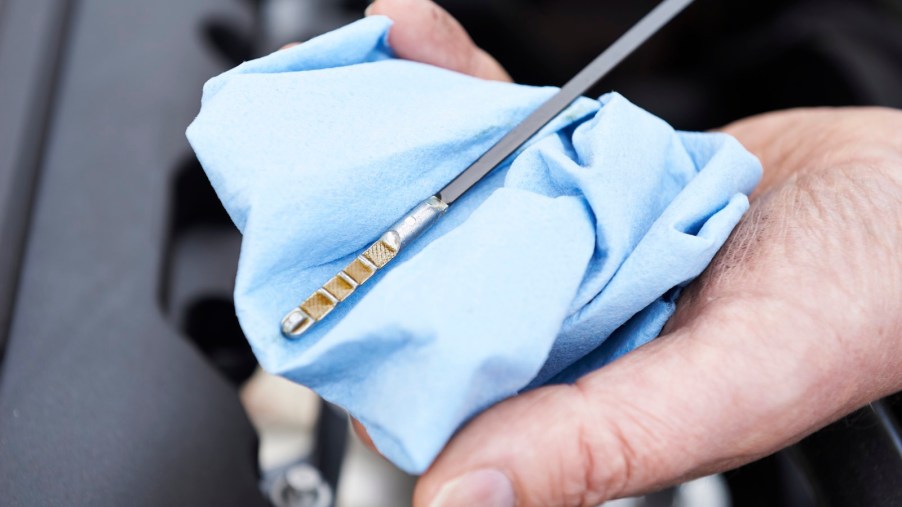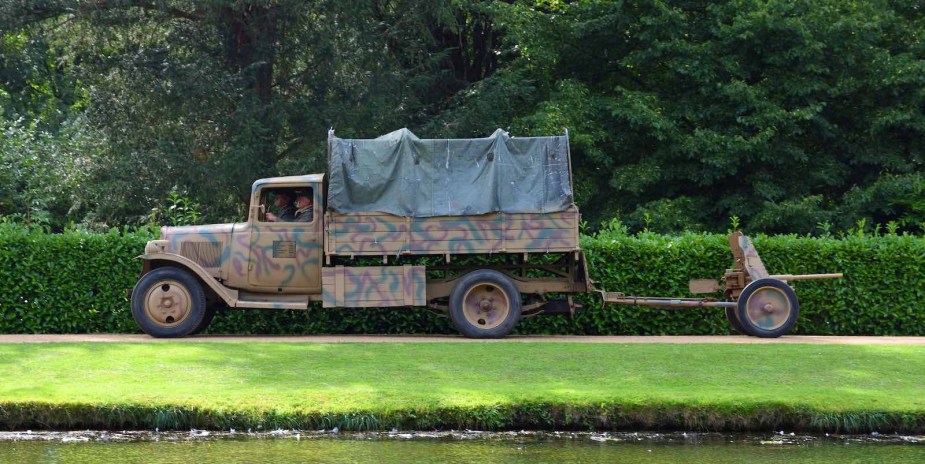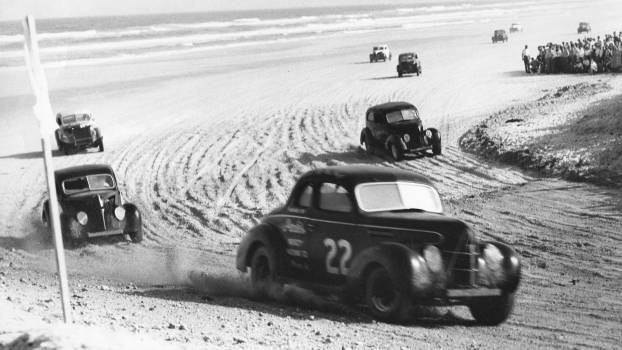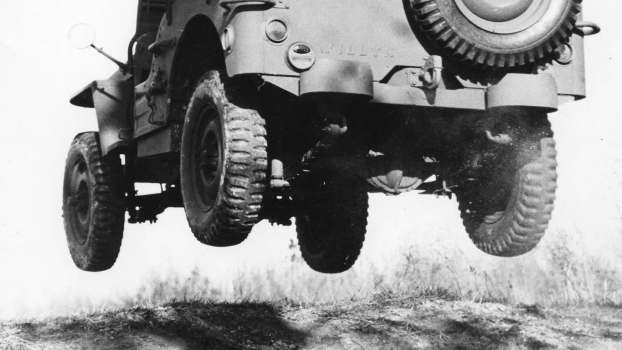
French Motor-Heads Sabotaged the Nazi War Machine With…Oversized Dipsticks
The joke is almost as old as “time to refill your blinker fluid.” You tell your car buddies that your oil level is too low on your dipstick, so its time to go buy a longer dipstick. But during WWII, the dipstick shtick was no joke.
When Germany took over France during WWII, it was quick to fold the valuable French automobile industry into the Nazi war machine. For example, it forced Citroën to build military trucks. But Citroën was not too happy about the German occupation, and thought of a very clever way to screw with the Nazis.
As the story goes, the Germans personally ordered Citroën’s president, Pierre-Jules Boulanger, to build trucks for their Army. But Pierre-Jules was a French patriot, and not about to willingly help the Nazis. Sure, they had Lugers, so he said he’d be happy to help. But when they were gone, he told his factory workers to build trucks as slow as possible. And that’s not all.

Boulanger also had his team redesign the truck’s dipsticks, moving the notch that marked “full” down a few pints.
The trucks, probably the Citroën T45, would have burned a bit of oil. This was par-for-the-course in the 1940s. And the German army mechanics would be used to checking the oil and topping them off. But with the new extended dipsticks, they wouldn’t be pouring in nearly enough. So with any luck, they’d be tearing through engines rapidly.
The simplicity! The elegance! The devious motor-head brilliance!
If you think about it, it’s the perfect bit of sabotage. By moving one little notch, the Citroëns would wear out quickly. Hopefully breaking when the Germans needed them the most. But as they rolled out of the factory, they’d look like trucks in perfect working order and no one would be the wiser. This is the country that invented the word sabotage.
This is far from the only story of a French automaker resisting the Germans. Many of Bugatti’s factory race team drivers were pilots and veterans of WWI. Several of them became instrumental in the French resistance. Ettore Bugatti himself offered them a work van and signed letters that they were on an official service call whenever they had a mission.
Sadly, the trio of Bugatti drivers most central to the resistance were caught and killed. The current Bugatti company released the commemorative “Les Légendes du Ciel” Chiron special edition to commemorate these brave pilots.
You can find out more ways that occupied France sabotaged the Nazis in the documentary below:





